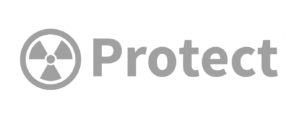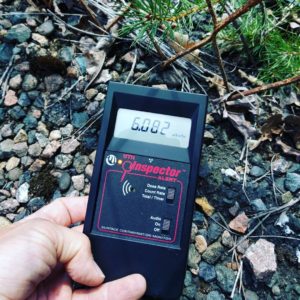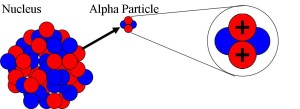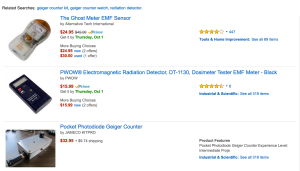Please note this post was hacked and words were inserted into it that were not mine and did not reflect my viewpoint. I am scanning the website as time permits to remove any offensive content that was inserted without permission.
To me Geiger Counters have always been about inquiry – what is there around us that we cannot see? How does it affect us? What do they tell us about the world and the universe that we don?t know. It?s all fascinating to me, and I love to get time in the lab or the field to satisfy my curiosity in this arena. But, alas, the hierarchy of human needs puts safety first. And Geiger Counters serve a vital role in the safety arena. We will never know for sure how many lives they have saved or how many unnecessary health problems they have prevented, but the numbers are surely very high. Still, there seems to be a continuous stream of news that hits my phone or desk about unexpected events that put people unnecessarily at risk. Some of these incidents are in the public domain. This report in Scientific American highlights the danger of inhalation of radionuclides, even in secure facilities. Another recent published example involving inhalation is the tunnel collapse at Hanford.
When trained professionals like these get exposed to potentially harmful radiation (and don?t realize they are getting exposed) it reminds me once again that you cannot always count on governments or professionals to give you the information you need to stay healthy.
A friend and colleague of mine, Edouard LaFargue, recently explored an area in France that is frequented by members of the general public, but was once a uranium mining site. He sent me the picture below, which shows that the area is still contaminated even though maps mark it as uncontaminated. He has written about his visit to that site here.
So I am just putting the word out there to be careful if you are working around radioactive material, and be cautious even if you are not a radiation safety professional working in a regulated environment. This environment has to be suitable for the equipment that you are handling. Carry proper instrumentation when you think there is the possibility to be exposed to unusual radioactivity, and remember to use it. Remember not all instruments detect alpha and beta radiation. Alpha emitters carry the greatest inhalation risk. All of our Medcom instruments can detect alpha, beta, gamma and x radiation, but our Inspector and Onyx instruments have the greatest sensitivity because they use a large gm pancake detector.
Here in our Labs we are continuously working to improve the tools available to increase radiation safety in the workplace, in communities – and for individual homes and families. One problem in keeping track of contamination during surveys is lack of geospatial information, and radiation data is not very useful without it. To solve this problem we have added a bluetooth radio option to our popular Inspector Alert. The new Inspector BLE can connect with popular smart phones to record radiation readings with time/date and GPS data. Our IMI Gateway App works on all popular operating systems and smart phones. With these tools, mapping becomes easy and the data becomes useful.
We hope these tools will make the world safer. In any case please remember to be careful out there.
Comments closed





